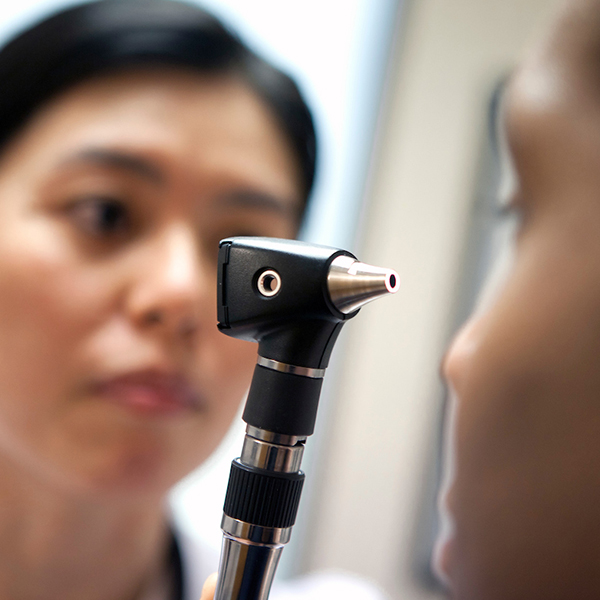Urinary Tract Infection (UTI)
Overview and Facts about Urinary Tract Infection
A urinary tract infection (UTI) is an infection that occurs in any part of the urinary system, including the kidney, uterus, bladder or urethra.
The condition is more common in women than men and can occur at any age.
Signs and Symptoms of Urinary Tract Infection
A UTI does not always cause symptoms, but when it does, signs include:
- A strong and persistent urge to urinate
- Burning sensation while urinating
- Blood in the urine, usually just a small amount
- Cloudy urine
- Foul-smelling urine
- Only passing small amounts of urine
- Pelvic pain
Causes and Risk Factors of Urinary Tract Infection
A urinary tract infection is caused by bacteria entering the urinary tract and multiplying in the bladder. The risk factors for this women’s health condition include:
- A suppressed immune system
- Abnormalities in the urinary tract
- Being sexually active
- Blockages in the urinary tract
- Certain types of birth control
Tests and Diagnosis of Urinary Tract Infection
A primary care physician or women’s health specialist can test for and diagnose a UTI. The tests used to confirm a diagnosis include:
- Image testing of the urinary tract
- Lab analysis of bacteria from the urinary tract
- Urine testing to check for infection
- Using a scope to see inside the bladder
Imaging tests and scope tests can also help the doctor determine if there’s an underlying disease or another cause contributing to your urinary tract infections.
Treatment and Care of Urinary Tract Infection
Antibiotics are the main course of treatment for urinary tract infections. Commonly prescribed medications include:
- Ceftriaxone
- Cephalexin
- Fosfomycin
- Nitrofurantoin
- Trimethoprim/sulfamethoxazole
As far as lifestyle is concerned, the following behaviors can help ease symptoms during a urinary tract infection:
- Avoid coffee, alcohol or other drinks that could irritate the bladder
- Drink plenty of fluids
- Use a heating pad to help quell the pain

Request an Appointment
Our primary care physicians care for the overall health of the whole family, providing checkups and routine medical exams. We’ve made it easy to see a Loyola Medicine primary care provider with a variety of appointment options.
Immediate Care Virtual Visits now available!
Schedule a Telehealth Appointment
